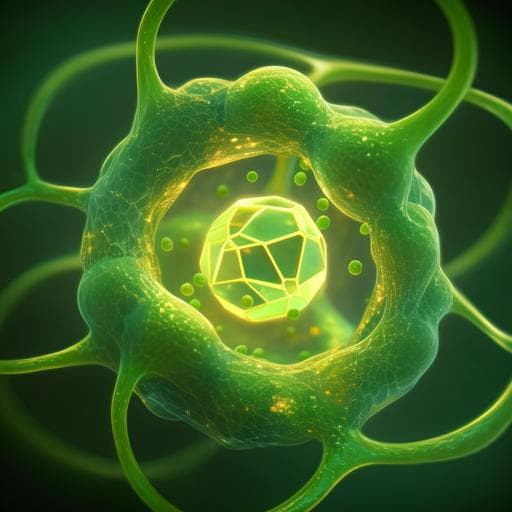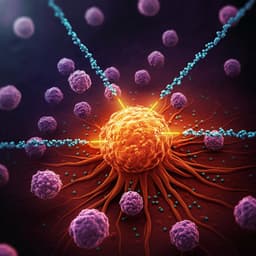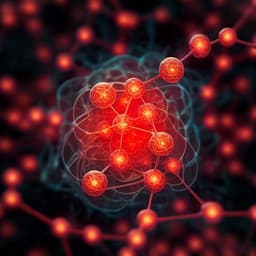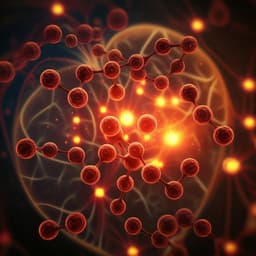
Medicine and Health
Enhanced plant-derived vesicles for nucleotide delivery for cancer therapy
S. Corvigno, Y. Liu, et al.
This exciting research showcases the development of a hybrid exosomal polymeric system (HEXPO) using plant-derived vesicles, promising a breakthrough in cancer therapy by effectively delivering small RNAs. The study, led by a team of experts including Sara Corvigno and Anil K. Sood, highlights the anti-angiogenic potential of miR146a in combating cancer.
Related Publications
Explore these studies to deepen your understanding of the subject.







